10 GPTs for Query Assistance Powered by AI for Free of 2025
AI GPTs for Query Assistance are advanced computational models designed to support users in finding answers, generating content, and performing tasks through natural language processing. Utilizing Generative Pre-trained Transformers (GPTs), these tools are specialized to understand and process queries in various domains, providing personalized and context-aware solutions. By leveraging massive datasets, AI GPTs are trained to comprehend and generate human-like text, making them invaluable for tasks requiring nuanced understanding and responses.
Top 10 GPTs for Query Assistance are: UiPath Guru,Alex, Contracts Genie,PostgreSQL Guru,DuckDB-GPT,SQL Pro,SubgraphGPT [by Chainstack],Databricks Sage,Experto en c#,Experto SQL,伽利
UiPath Guru
Empower Your Code with AI
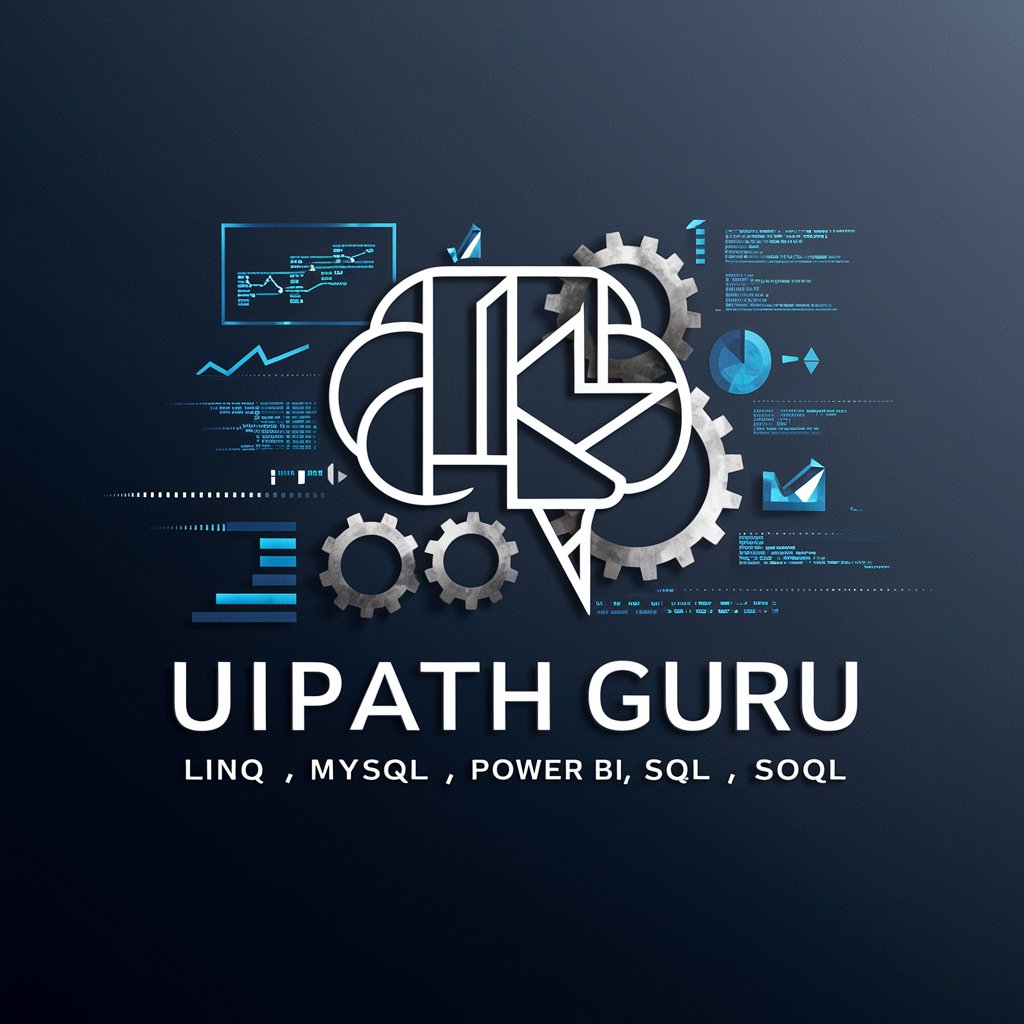
Alex, Contracts Genie
Empowering Contract Management with AI

PostgreSQL Guru
Empowering PostgreSQL management with AI
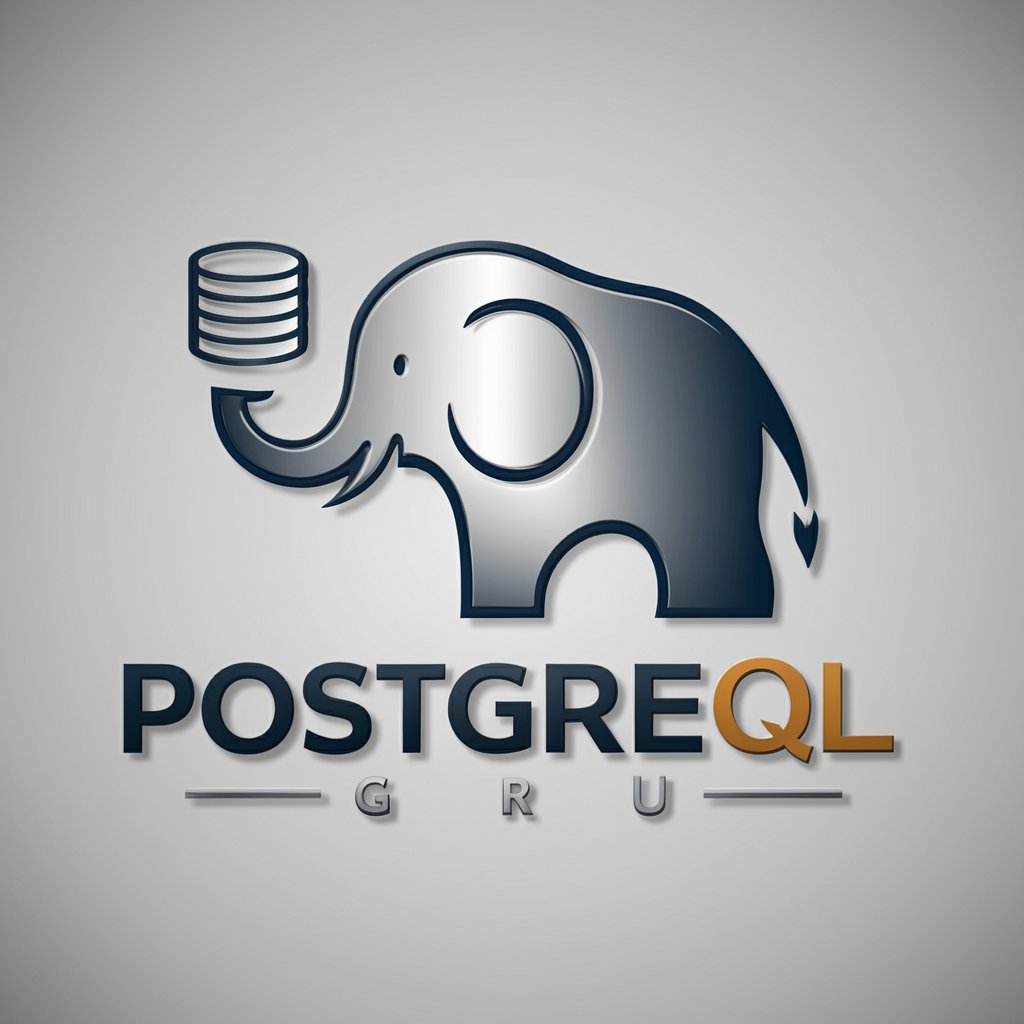
DuckDB-GPT
Unlock DuckDB's potential with AI assistance
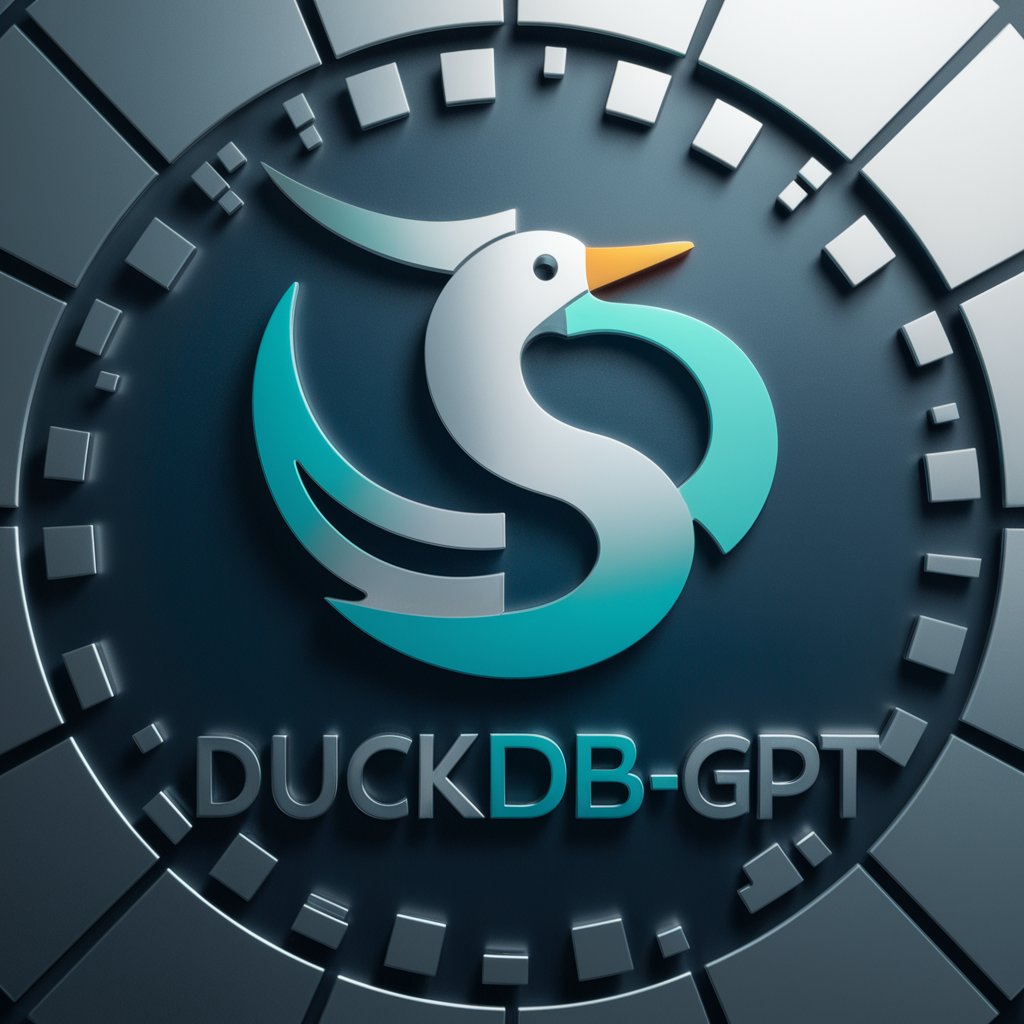
SQL Pro
Elevate Your Query Skills with AI
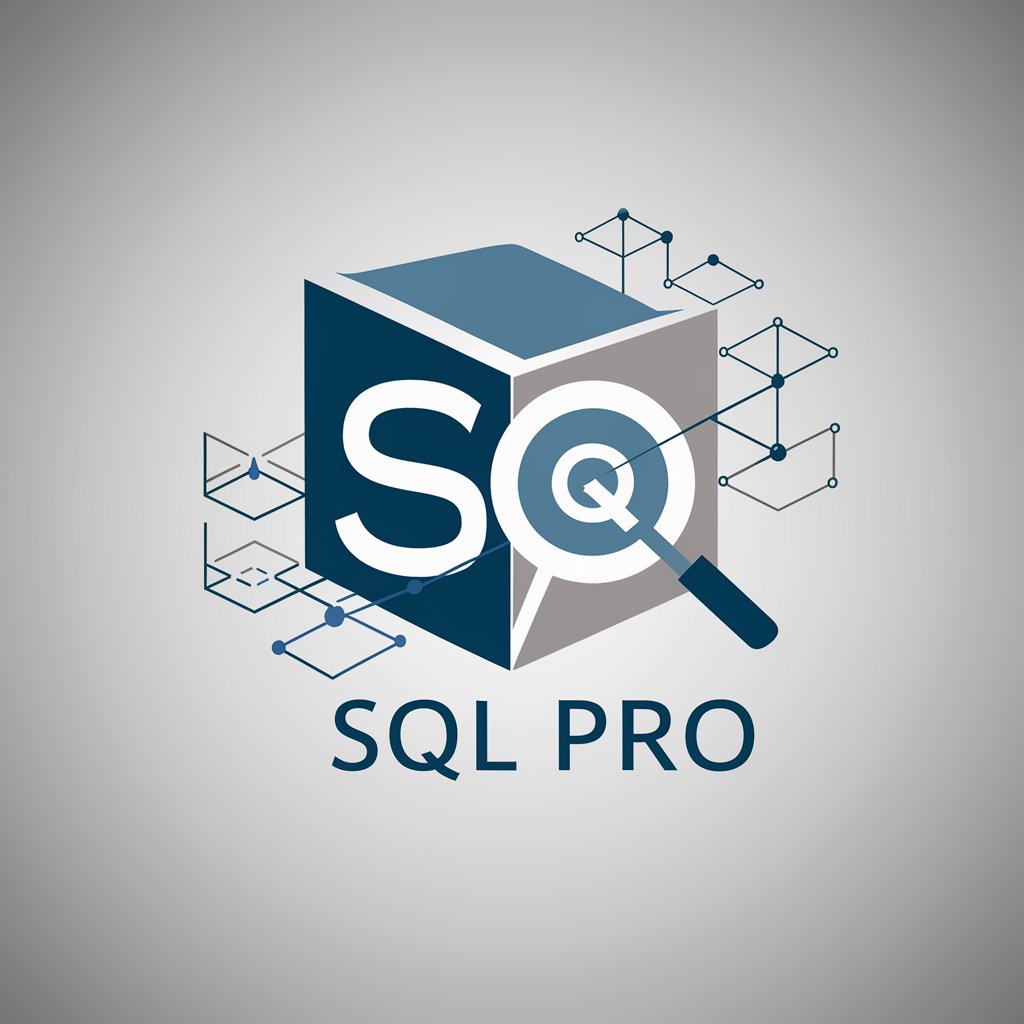
SubgraphGPT [by Chainstack]
Optimize Subgraphs with AI Precision
![SubgraphGPT [by Chainstack] in GPT Store](https://r2.erweima.ai/i/2_RHzKhaTw2Vr42SJDj_Pw.png)
Databricks Sage
Empowering Data Solutions with AI
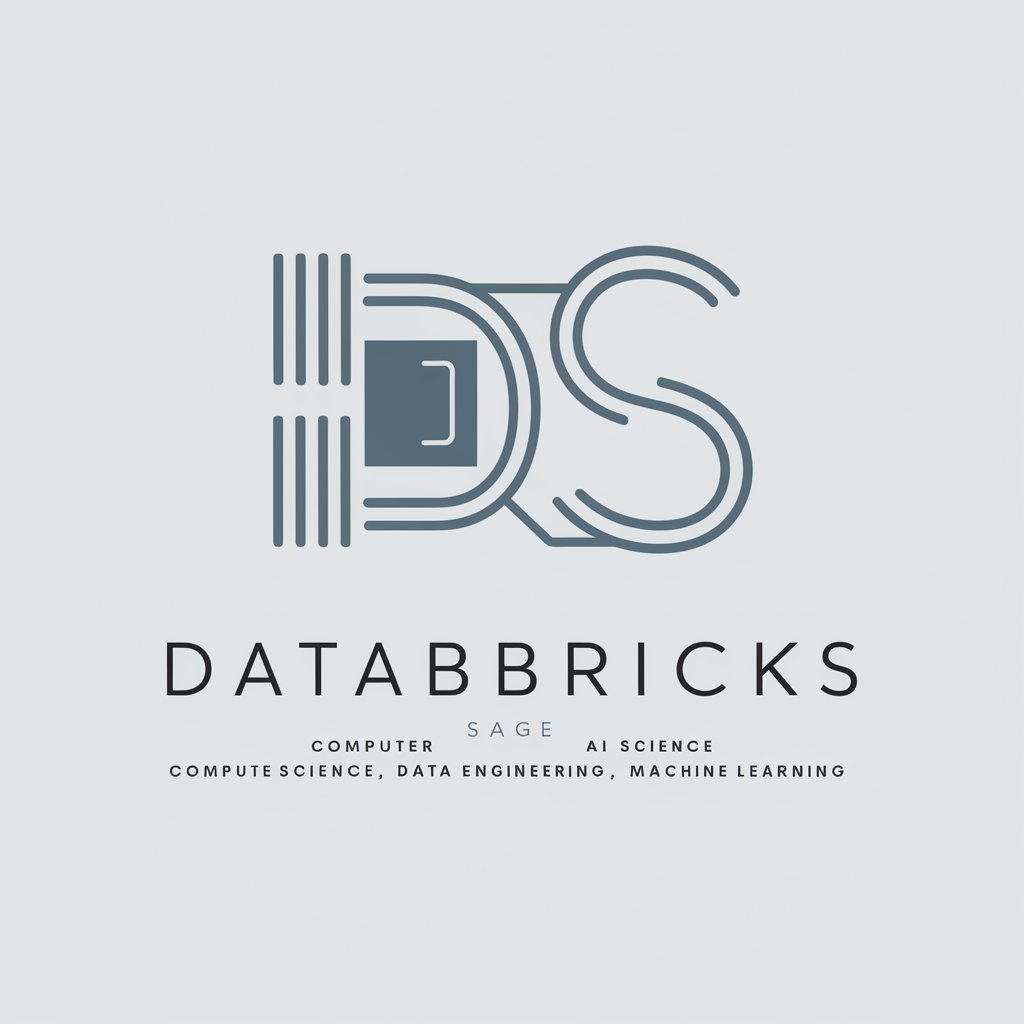
Experto en c#
AI-powered C# and .NET Assistant
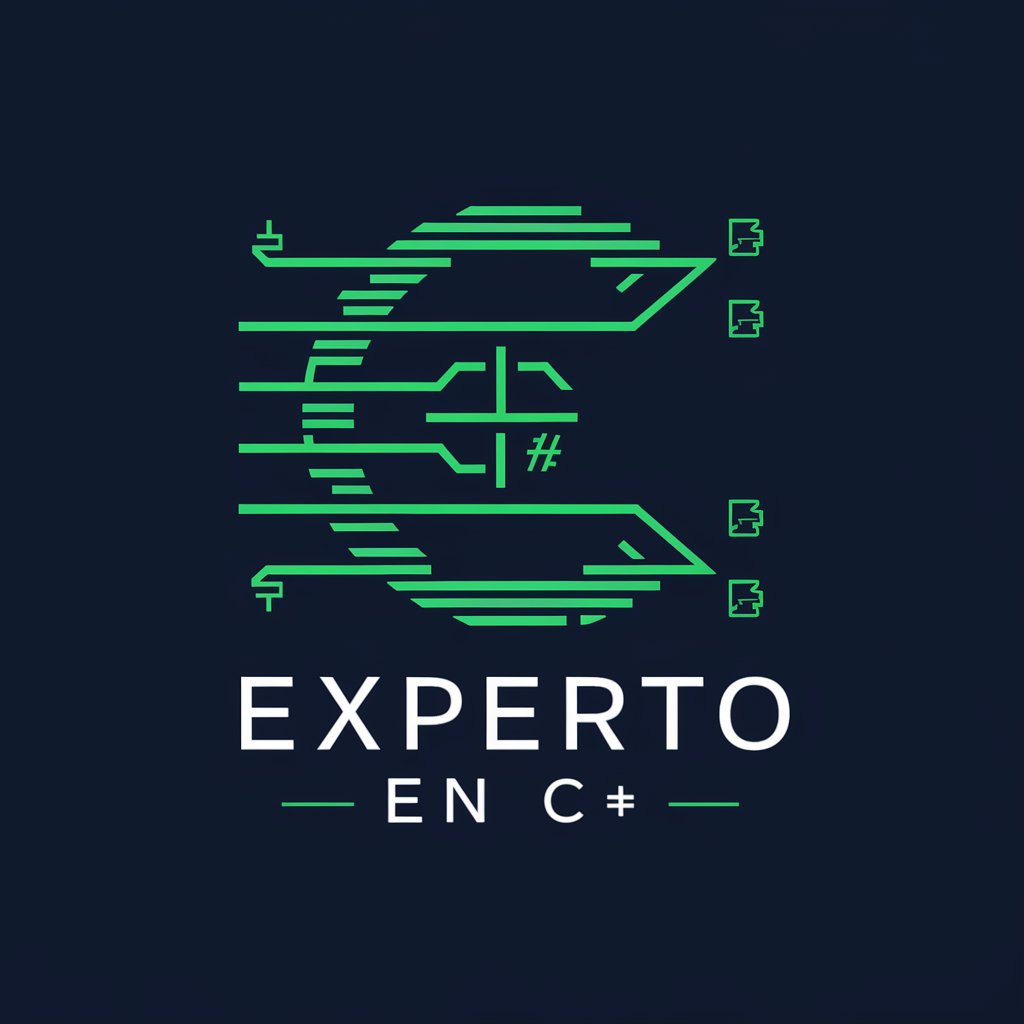
Experto SQL
AI-powered PostgreSQL Expertise

伽利
Power your database with AI
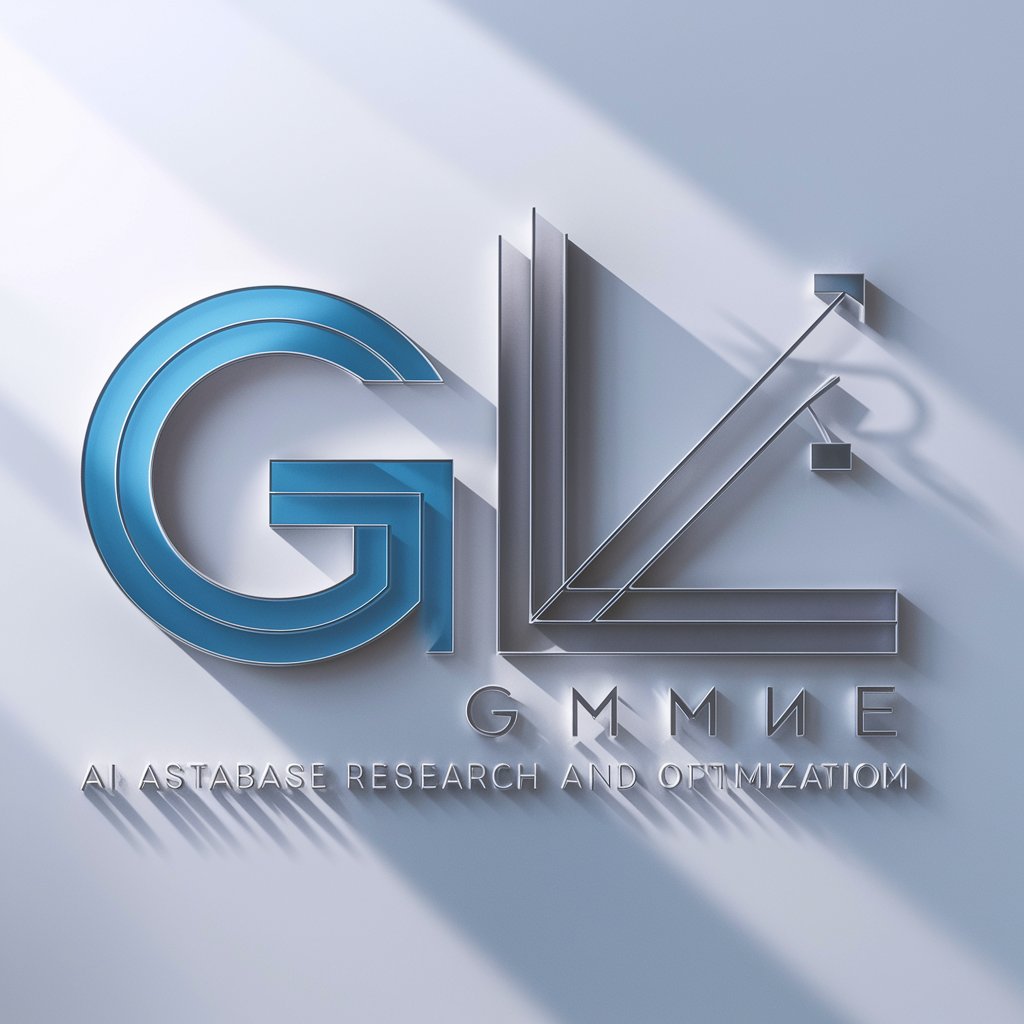
Distinctive Attributes and Functions
AI GPTs for Query Assistance boast a range of unique features, including natural language understanding, context-aware responses, and the ability to generate human-like text. They adapt from simple Q&A tasks to complex problem-solving scenarios. Special features include language learning, providing technical support, executing web searches, creating images from text descriptions, and performing sophisticated data analysis. These capabilities allow GPTs to serve as versatile assistants across various query-related tasks.
Who Benefits from Query Assistance AI?
The primary beneficiaries of AI GPTs for Query Assistance span from novices seeking straightforward answers to developers and professionals needing advanced support. These tools are designed to be accessible to users without programming skills, offering intuitive interfaces, while also providing extensive customization options for those with technical expertise, enabling a wide range of applications tailored to specific needs.
Try Our other AI GPTs tools for Free
Everyday Wisdom
Unlock the power of AI for daily life with AI GPTs for Everyday Wisdom. Get tailored advice, insights, and solutions for a wide range of challenges and decisions.
Online Gaming
Discover how AI GPTs revolutionize online gaming, enhancing player experiences with personalized content, support, and dynamic storytelling.
Virtual Experience
Explore AI GPTs for Virtual Experience, the cutting-edge tools transforming digital interactions into immersive, adaptable virtual realities.
API Upgrades
Discover AI GPTs for API Upgrades: intelligent, adaptable tools designed for enhancing API functionalities. Ideal for both beginners and experts in API management.
Syntax Transformations
Discover how AI GPTs for Syntax Transformations revolutionize text structuring with adaptable, user-friendly tools for diverse language tasks.
Knowledge Quizzes
Discover how AI GPTs revolutionize knowledge quizzes, making learning more engaging and personalized. Perfect for educators, students, and professionals.
Expanding Horizons with AI GPTs
AI GPTs redefine how we interact with information, offering customized solutions across sectors. Their user-friendly interfaces make them accessible, while their integration capabilities allow for significant enhancements in workflow efficiency and decision-making processes. As these tools continue to evolve, they promise even greater adaptability and precision in addressing the needs of various industries.
Frequently Asked Questions
What are AI GPTs for Query Assistance?
AI GPTs for Query Assistance are artificial intelligence tools designed to help users find information, answer questions, and perform tasks by understanding and generating natural language.
How do these tools understand complex queries?
They utilize advanced natural language processing techniques and are trained on large datasets, allowing them to understand context, intent, and the nuances of language in queries.
Can AI GPTs generate images or perform data analysis?
Yes, some AI GPTs are equipped with capabilities to create images from text descriptions and perform data analysis, making them versatile tools for a variety of tasks.
Are these tools accessible to individuals without coding skills?
Absolutely. AI GPTs for Query Assistance are designed with user-friendly interfaces that enable people without programming expertise to use them effectively.
Can developers customize these AI GPTs for specific tasks?
Yes, developers can leverage APIs and other customization options to tailor these GPTs for specific applications or integrate them into existing systems.
What makes AI GPTs different from traditional search engines?
Unlike traditional search engines that simply find and list web pages, AI GPTs understand the context and intent behind queries, providing direct answers and generating content based on the query.
How do AI GPTs ensure the relevance and accuracy of their responses?
AI GPTs constantly learn from new data, and their algorithms are designed to prioritize information from credible sources, ensuring responses are both relevant and accurate.
Can AI GPTs be integrated into existing workflows or systems?
Yes, with their API support and customization capabilities, AI GPTs can be seamlessly integrated into existing workflows, enhancing productivity and providing advanced query assistance.